After many years of raising livestock and poultry, Mr. Dang Hai Van in Quyet Thang village, Y Can commune, Tran Yen district, Yen Bai province has always cherished the plan to implement a model with outstanding economic efficiency.
After visiting and studying in several places, at the end of 2023, Mr. Van decided to invest more than 1.5 billion VND to build a solid barn system and buy 50 pairs of civets from Phu Tho to raise.
The palm civet is a wild animal, classified in Group II - endangered, precious, and rare wild animals. Realizing this, Mr. Van spent a lot of time learning and carefully researching biological characteristics, care techniques as well as related legal regulations. After being inspected, assessed and confirmed by the forest rangers of the Yen Bai Provincial Forest Protection Department that he was qualified for a breeding license, he confidently started implementing the model.
Mr. Van's civet farm is located far from major traffic routes and residential areas, so it ensures biosafety farming factors. The cages are divided into separate cells with iron mesh, each cell has an area of 1 - 1.2m2. In each cell, there are currently raising parent civets, commercial civets or a few civets that have just been separated from the herd. In the middle of the farm, there is a spacious corridor to facilitate the care process.
Taking me to visit each cage, Mr. Van said that the farm is currently raising more than 120 palm civets, including: parent civets, reserve civets (breeding civets), commercial civets and newly separated civets.
Raising civets is not like raising livestock or poultry. When raising, it requires strict care procedures, the food must be clean, not spoiled or rotten. The cage must be airy, the entire cage must be sprayed with disinfectant every month and the cage must be cleaned regularly. In addition, vaccinations will be carried out once a year so that the civets will not get sick, pneumonia or diarrhea.
According to Mr. Van, the civet farming model only requires a small barn area, does not cause environmental pollution or noise that affects surrounding households. In particular, it is possible to take advantage of locally available vegetables, tubers, fruits and agricultural products, does not require much care, and the selling price and output are relatively stable.
Currently, Mr. Van's farm has dozens of breeding pairs of civets, opening up hope for a source of quality breeding and commercial products. Civets are easy to raise, rarely get sick, and their main food is tubers and sweet fruits. During the breeding season, breeders need to supplement with cooked starchy food to increase nutrients.
Management is also flexible, can be raised in groups or separated into individuals to easily monitor food rations and health status. In particular, breeders need to be fully licensed by the authorities, all changes in the number of individuals in the herd need to be recorded and monitored specifically and in detail.
The palm civet is a species of high economic value, the female civet begins to reproduce when she is about 1-2 years old. After 1 year old, the civet can reach a weight of 4-5kg, and is sold for 1.7 million VND/kg. For civet breeds, the value is even higher, a pair of parent civets costs about 20 million VND.
With initial positive signals, Mr. Van plans to continue expanding the herd, not only to sell commercial meat but also to provide quality breeding stock to the market.
Mr. Van shared that palm civets are wild animals, the initial investment cost for breeding is not small. Breeders need to research thoroughly, approach step by step, learn and gain experience while raising, then gradually increase the number. The barn must be built according to the right techniques, and the management, control of the breeding situation, and disease prevention in livestock farming must be done carefully and meticulously to avoid the risk of loss.
Huong Hoai (According to nongnghiep.vn)
Source: http://baovinhphuc.com.vn/Multimedia/Images/Id/129398/Ap-u-giac-mo-lam-giau-tu-nuoi-cay-voi-moc


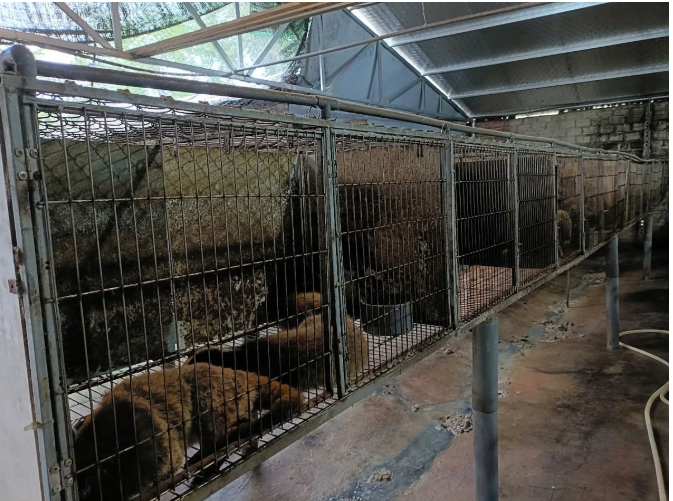








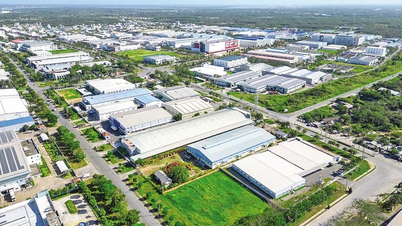

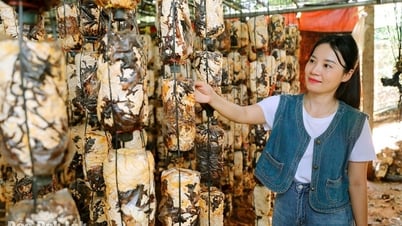

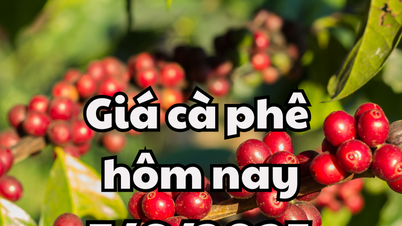


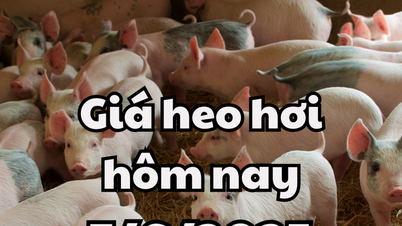





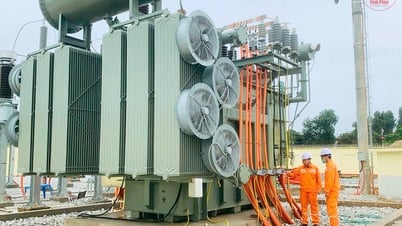
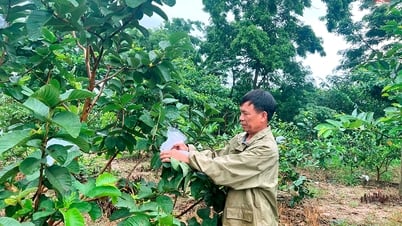
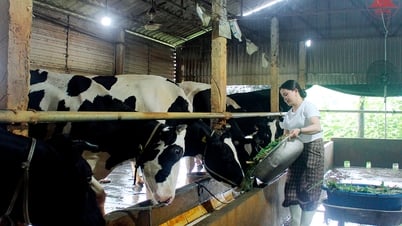
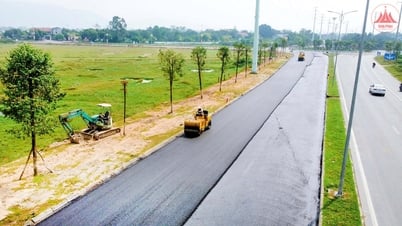


![[Photo] Nearly 104,000 candidates in Hanoi complete procedures to take the 10th grade entrance exam](https://vphoto.vietnam.vn/thumb/1200x675/vietnam/resource/IMAGE/2025/6/7/7dbf58fd77224eb583ea5c819ebf5a4e)































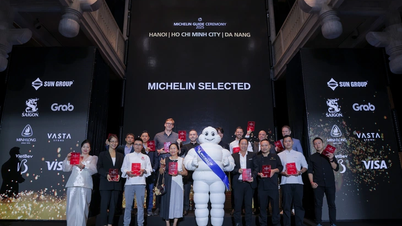

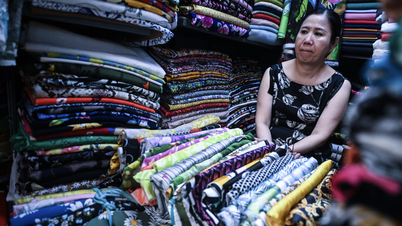














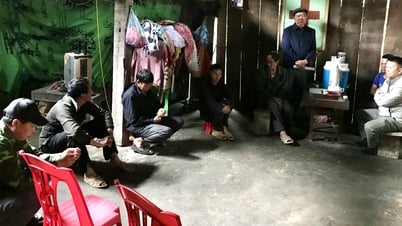







![[OCOP REVIEW] Tu Duyen Syrup - The essence of herbs from the mountains and forests of Nhu Thanh](https://vphoto.vietnam.vn/thumb/402x226/vietnam/resource/IMAGE/2025/6/5/58ca32fce4ec44039e444fbfae7e75ec)






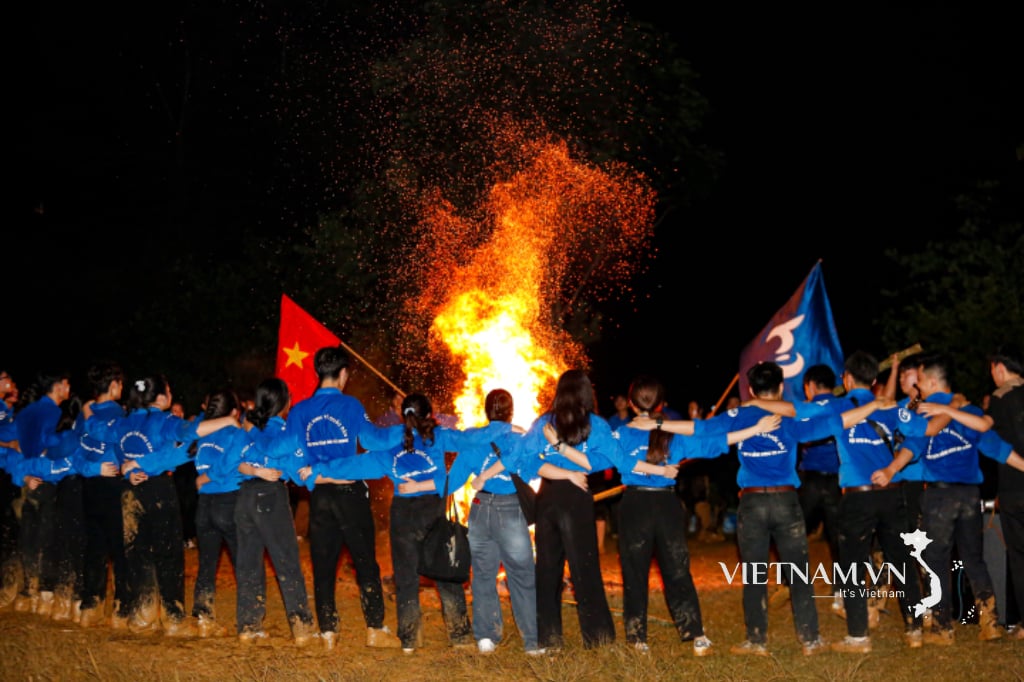
Comment (0)